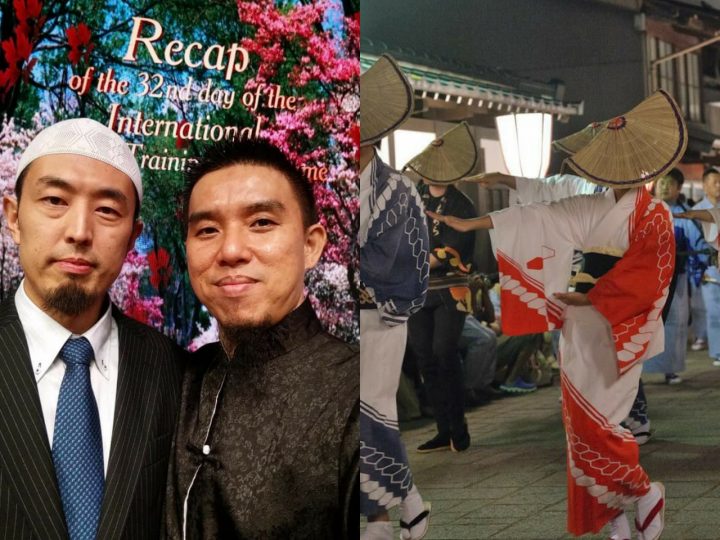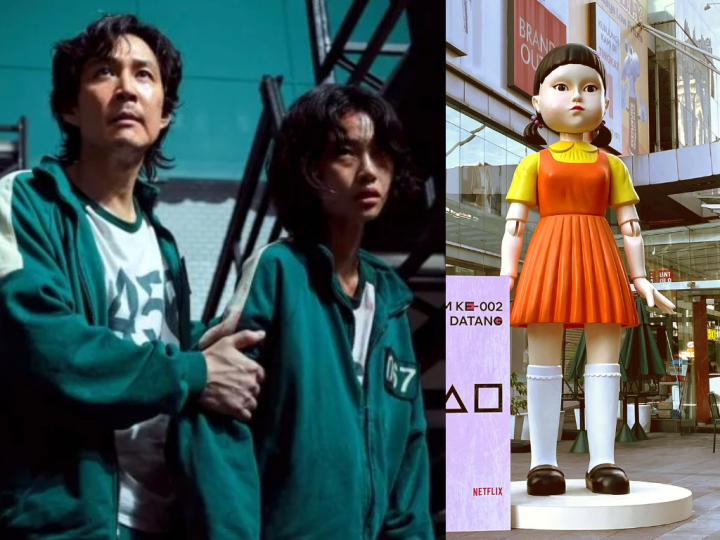Japanese Grandpa With Alzheimer’s Could Not Recall Murdering His Granddaughter
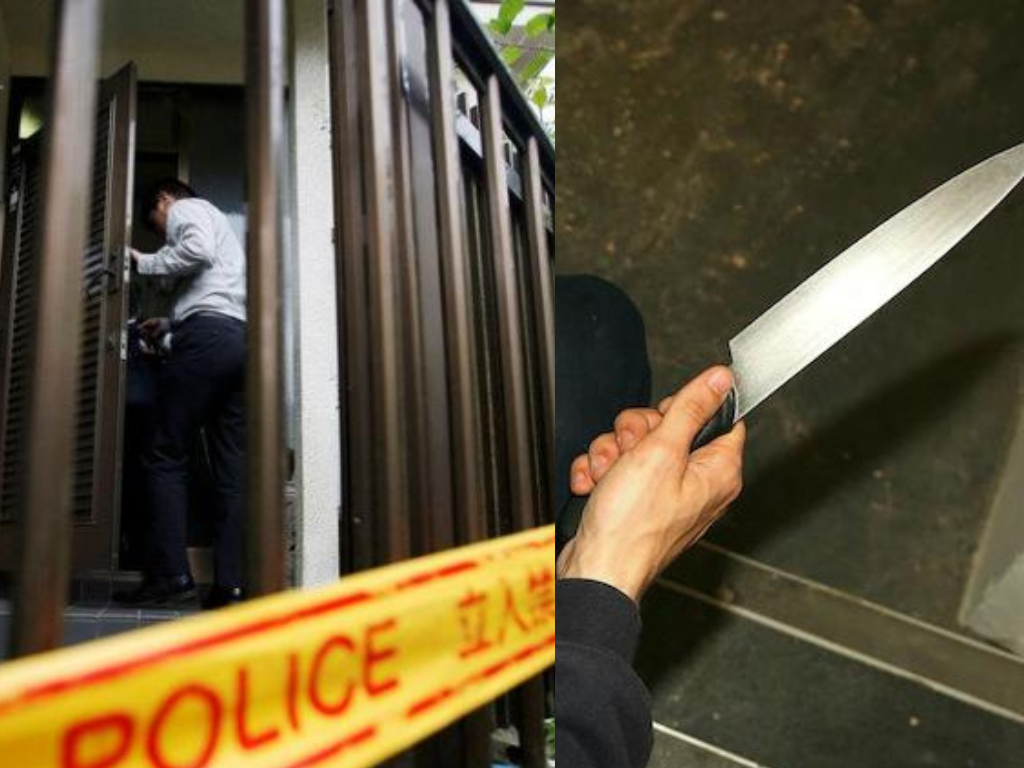 Thirsty for JUICE content? Quench your cravings on our Instagram, TikTok and WhatsApp
Thirsty for JUICE content? Quench your cravings on our Instagram, TikTok and WhatsApp

JUICE previously discussed the future of Alzheimer’s disease as new medication promises hope for patients and their families.
Recently, Japan saw the disease’s effect and was stunned to learn of an 88-year-old grandpa who killed his 16-year-old granddaughter.
Susumu Tomizawa, 88, appeared in a western Japan court last month and confessed to murdering his granddaughter Tomomi, 16, nearly two years ago. The man, however, claimed to not remember the incident.
To Tomomi’s regret, she died in Fukui City in September 2020 following a fight with her grandpa, who was her primary caretaker.

Tomizawa stated that he was intoxicated at the time and proceeded to repeatedly stab his granddaughter in the neck with a 7-inch kitchen knife.
Tomizawa then dialled his oldest son’s phone and informed him that he had discovered Tomomi’s lifeless body in a pool of blood.
When the son alerted authorities, they hurried to the area and discovered Tomomi’s dead corpse.
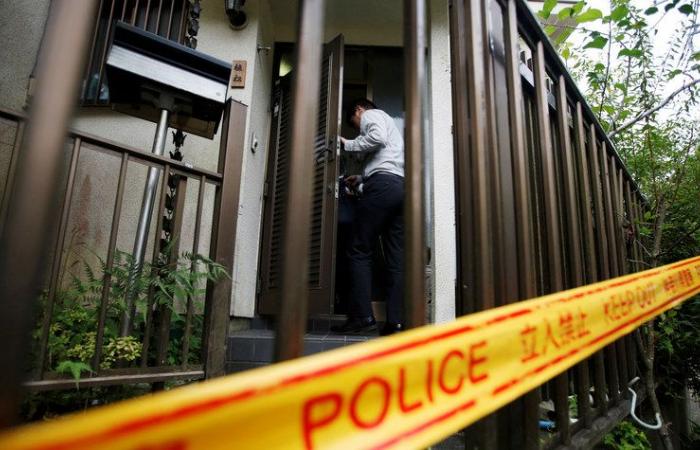
The convicted was confirmed to be diagnosed with Alzheimer’s disease, a brain ailment that gradually damages memory and cognitive abilities.
Tomizawa’s attorneys argued that he could not be held liable for his actions since he was not sane at the time of the incident.
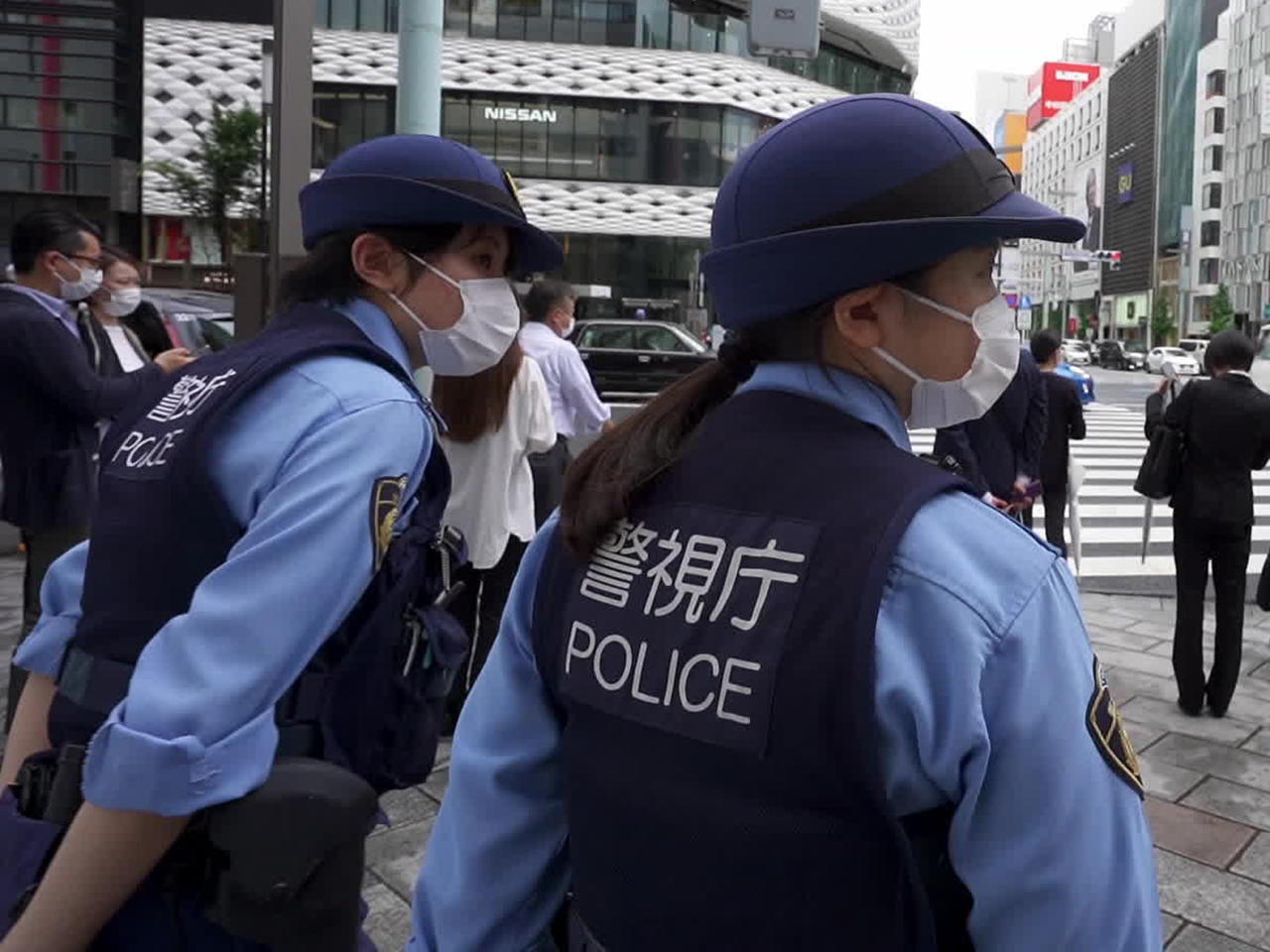
During the trial, doctors were called to assess Tomizawa but found that he had a clear motive for the murder.
“His actions were purposeful and consistent with his intent to kill,” said forensic psychiatrist Hiroki Nakagawa.

Although Tomizawa suffers from the condition, the prosecution argues that he was conscious of good and evil throughout the occurrence.
The court did not dismiss the allegation lightly, and Tomizawa was sentenced to four and a half years in jail for murder on 31 May.

“After careful examination and consultation with the defendant, we [made] a careful judgment,” judge Yoshinobu Kawamura said.
“The defendant was in a state of mental exhaustion at the time of the crime and he had great difficulty in judging right or wrong or in dissuading himself from committing the crime — but he was not in a state where he was unable to do so.”
People across the world expressed their sorrow and concern for Tomizawa and his family as they watched the trial’s live-streaming proceedings from the courtroom.


 Get Audio+
Get Audio+ Hot FM
Hot FM Kool 101
Kool 101 Eight FM
Eight FM Fly FM
Fly FM Molek FM
Molek FM